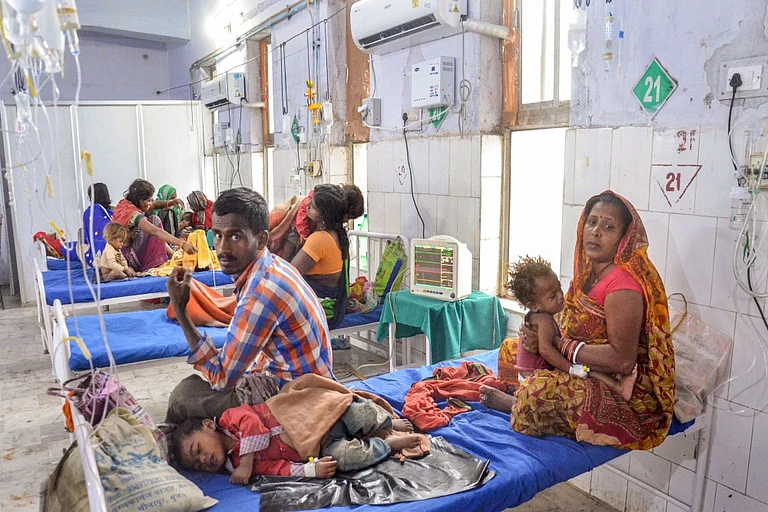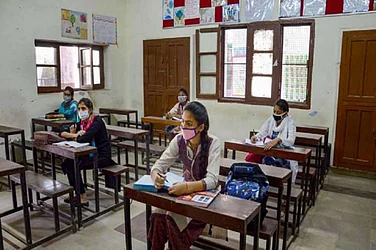Global Perspective
There has been a paradigm shift in medical education, globally. The impact of which is felt in the way curricula are created and how technology is applied, and its collective effect on the training of medical personnel, including nurses and doctors. An increasing number of aspiring students in India have their sights set on studying MBBS or medical programs in the UK, the USA, Canada, and Australia, as well as in countries like China, Ukraine, Russia, and the Philippines, to become practicing doctors or veterinarians in those countries. However, there are many barriers, and not much guidance for Indian students when it comes to fulfilling this dream of practicing medicine in the west.
The evolving trends increase the challenges of producing better and more adaptable professionals who can meet the ever-growing demands of patient care in an increasingly complex world. According to a recent report by the Association of American Medical Colleges (AAMC), the U.S. may face a physician shortage of between 37,800 and 124,000 by 2034. This is also true for the doctors of veterinary medicine. The situation and shortage are prevalent in most of the developed countries in the world.
Studying Medicine in India
In India, too, the healthcare ecosystem is rapidly transforming. India is at the forefront of innovation, leveraging technology to enhance access to high-quality and affordable care. With the rise of telemedicine services and the integration of artificial intelligence for patient diagnosis and procedure, the healthcare sector anticipates significant progress in the years to come, underpinned by substantial investments in medicine, pharmaceuticals, and healthcare.
There is a bigger challenge for aspiring doctors. Of the 644 recognized medical colleges in India offering MBBS, 329 are private institutions, and 296 are government MBBS colleges. AIIMS New Delhi, CMC Vellore, BHU, Varanasi, and JIPMER Pondicherry are some of the best MBBS colleges. However, admission to these colleges is extremely tough due to severe competition for medical entrance and the National Eligibility Entrance Test (NEET), coupled with fewer seats in government colleges and larger demand. The challenges increase with shift towards competency-based education, increased emphases on inter-professional education, the use of technology, and addressing social determinants of health in medical education.
“International exposure to a comprehensive and robust curriculum that combines theoretical knowledge with practical clinical experiences”
Trendsetting in Medical Education
Technological interventions in medical education like the use of digital learning platforms, the emergence of personalized learning paths, the immersive world of simulation and virtual reality, the emphasis on soft skills, and the integration of telemedicine, have charted the course for new-age learning, moving away from traditional teaching-learning methods and processes. These trends are not only transforming education, but also enhancing it in ways that directly benefit future medical professionals.

In such a scenario, our medical sector needs to work on sustainable goals for education to be comprehensive and effective. As medical education continually evolves, the impact of technological advancements on the learning experience for aspiring doctors and veterinarians is truly remarkable.
Filling in Industry Gaps
Recognising the transformative benefits, it becomes crucial to appreciate the advantages of pursuing MBBS abroad, where universities actively incorporate these progressive trends into their medical education programmes. In recent years, the number of medical students seeking international opportunities has grown. To satisfy these demands, collaborative international programs have been developed, allowing increased integration and awareness of cultural and educational approaches to treatment that can be retained and incorporated into future practice to advance healthcare across the globe.
The global shortage of health care professionals is a critical priority. The changing paradigm in medical education and the creation of career opportunities in the healthcare sector have given rise to a need-based education vertical for aspirant medical professionals. This is the reason why Xavier University School of Medicine and KLE came together to offer students a program where they can start their journey in India at KLE, continue to the basic sciences at Xavier University School of Medicine in Aruba, and then complete their clinical rotations in the US at Xavier’s affiliated and accredited teaching hospitals and clinics. Medical institutions like ours play a vital role in training compassionate physicians and veterinarians who can address global healthcare challenges.
MORE FROM THIS ISSUE
Ravishankar Bhooplapur, Founding Member & President, Xavier University School of Medicine Aruba



















.jpg?auto=format%2Ccompress&fit=max&format=webp&w=376&dpr=2.0)








